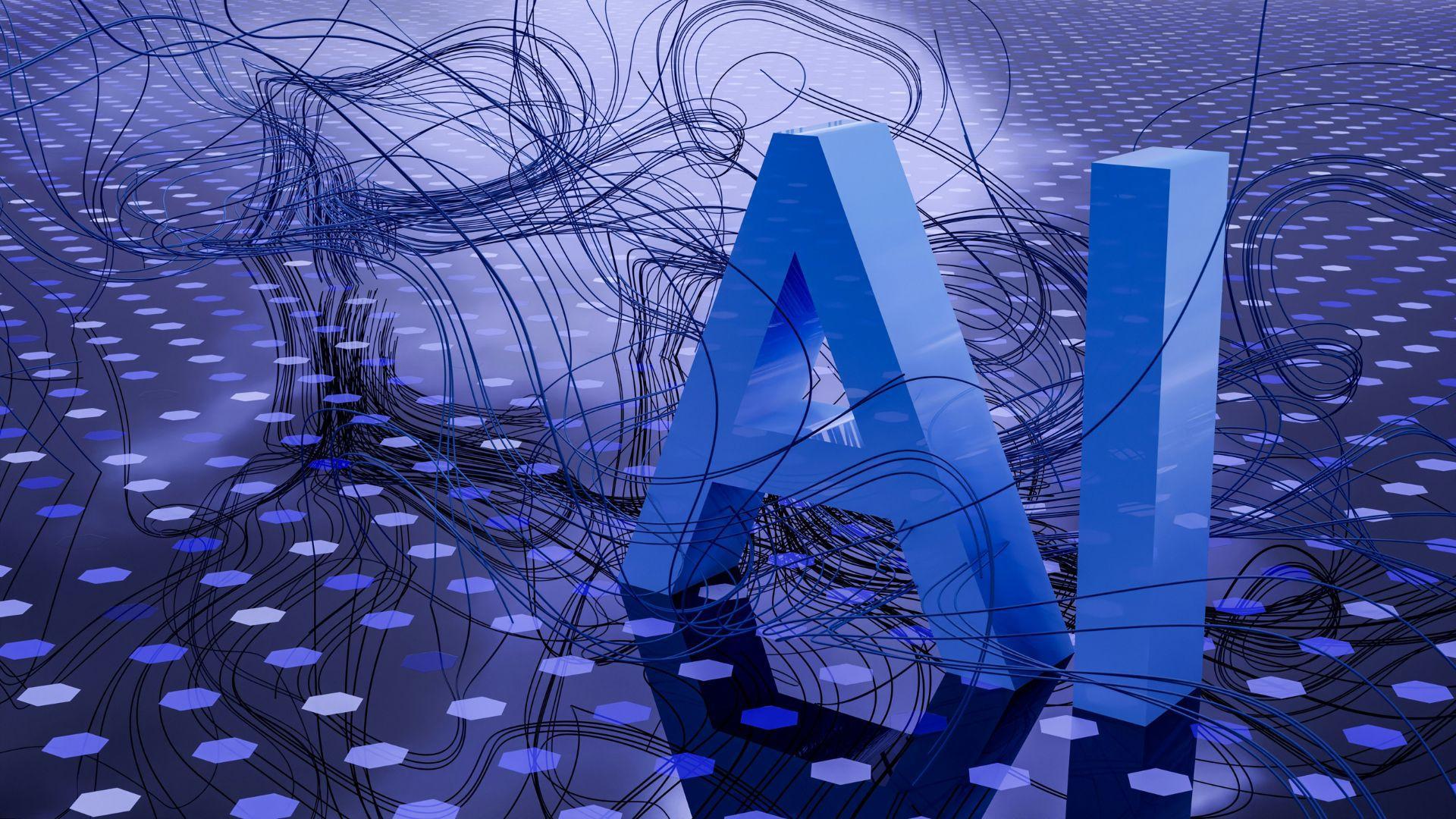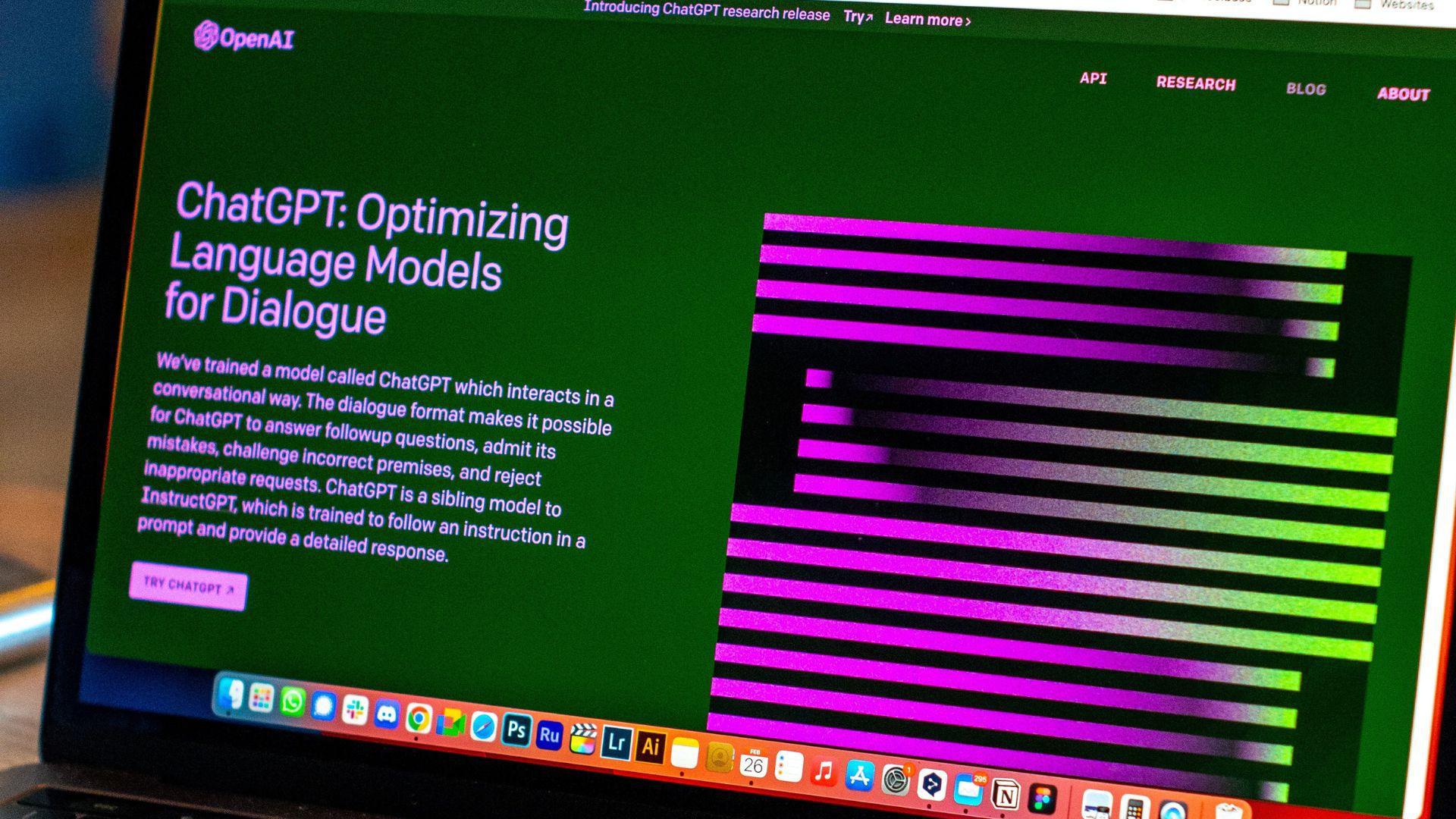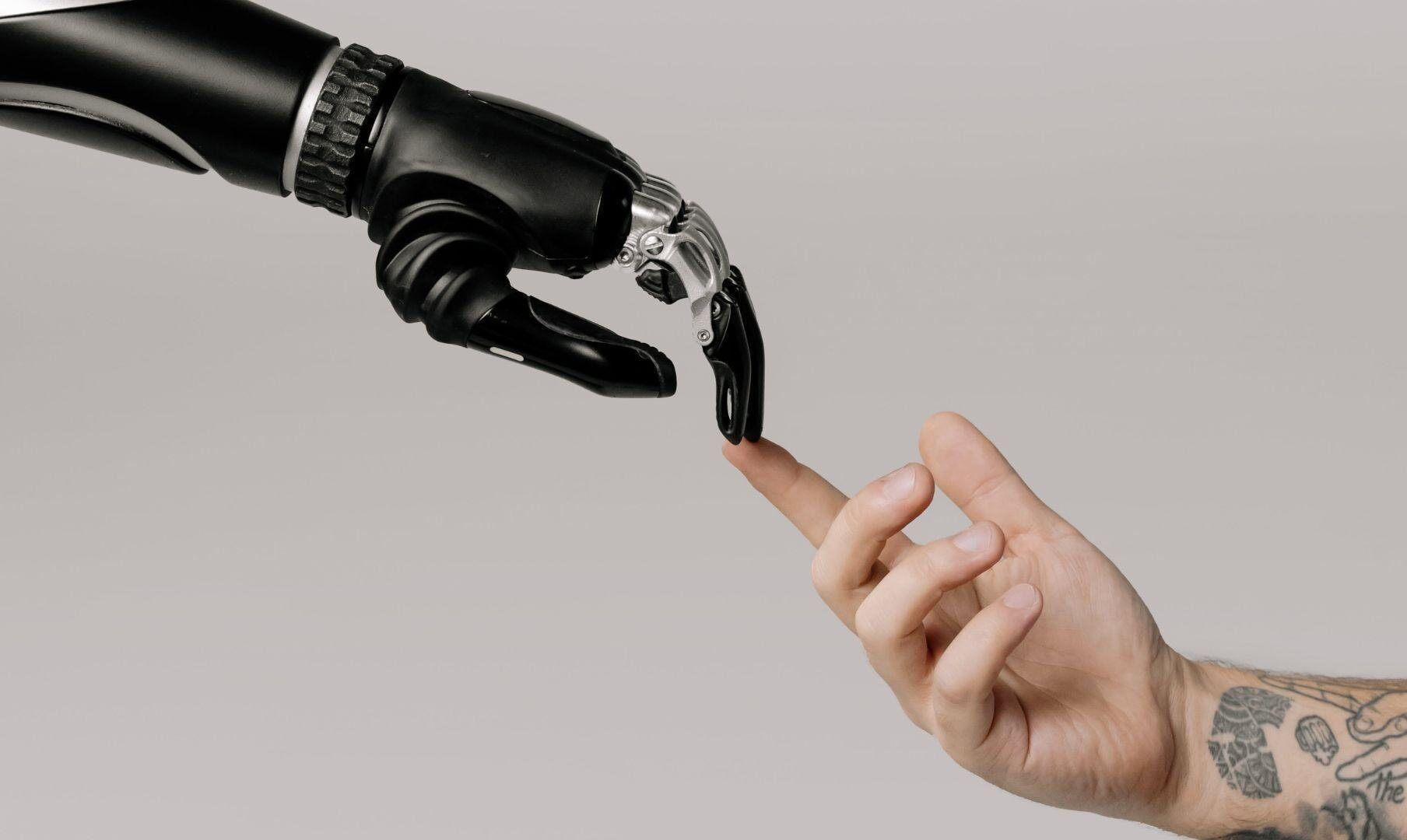Artificial intelligence is rapidly evolving, presenting groundbreaking developments that impact our daily lives. A recent project has surfaced, capable of determining the location of almost any photo.
This AI breakthrough, while technologically impressive, raises significant privacy concerns.
Introducing PIGEON: The Geolocation Identifier

Stanford University students have developed a project named Predicting Image Geolocations (PIGEON).
Initially designed to identify locations of Google Street View images, PIGEON has demonstrated the capability to pinpoint the origin of personal photos with high accuracy. This advancement in AI highlights its growing ability to interpret and analyze digital data in ways previously unimagined.
Privacy Risks and the AI Revolution

Jay Stanley of the American Civil Liberties Union expresses serious concerns regarding PIGEON’s potential misuse. He states the technology has “serious privacy implications, including government surveillance, corporate tracking and stalking,” according to NPR.
The ability of AI to infringe on personal privacy is becoming increasingly apparent, raising questions about the balance between technological advancement and individual rights.
Creators’ Response to Ethical Concerns

The student creators of PIGEON have responsibly decided not to release the technology publicly, acknowledging the ethical dilemmas it poses.
However, as Jay Stanley points out, “The fact that this was done as a student project makes you wonder what could be done by, for example, Google.”
Potential Benefits of Location-Aware AI

Despite privacy concerns, the technology behind PIGEON could be utilized for positive purposes if used responsibly.
It can assist in identifying areas needing infrastructure improvements or in planning tourism based on landscape similarities.
The Ambivalent Nature of AI

Artificial intelligence can be a tool for both constructive and detrimental purposes. It has the capacity to aid programmers in debugging code or increase productivity in many areas.
Conversely, it could be employed for malicious activities such as developing sophisticated malware or facilitating academic dishonesty.
Challenges for Social Media in the AI Era

The advent of AI technologies like PIGEON presents new challenges for social media users’ privacy. Traditionally, removing geolocation data from photos was deemed sufficient for privacy.
Jay Stanley argues that this might not be effective anymore, indicating a significant shift in how personal information can be extracted from digital content.
The Urgency for AI Regulation

The rapid development and capabilities of AI call for the urgent need for regulatory frameworks.
Effective regulations are essential to prevent misuse and ensure companies developing AI technologies are accountable for potential negative impacts.
Balancing Technological Advancements and Privacy

The development of AI like PIGEON presents a critical juncture in balancing technological progress with privacy rights.
This intersection poses significant questions about how societies value and protect individual privacy in the face of advancing technological capabilities.
AI’s Broad Influence Across Sectors

AI’s influence extends across various sectors, from healthcare to entertainment, reshaping industries and opening new possibilities.
Its expansive reach demonstrates its potential to drive significant changes and improvements. However, this influence also brings responsibilities and challenges, particularly regarding ethical usage and privacy protection.
Public Engagement in Shaping AI’s Future

The evolution of AI is not solely a technological or corporate journey; it involves the public as well. Public awareness and engagement are crucial in guiding the development of AI towards a future that balances innovation with respect for individual rights.
The role of the public in this conversation is vital for ensuring that AI develops in a manner aligned with societal values and ethics.
The Future of AI

The future of AI, as demonstrated by technologies like PIGEON, remains a subject of significant discussion and contemplation. The unfolding developments in AI will continue to spark debates and considerations about its role in society.
As this technology progresses, it is essential for continuous dialogue and thoughtful examination of its implications, ensuring that its evolution aligns with ethical and societal standards.
